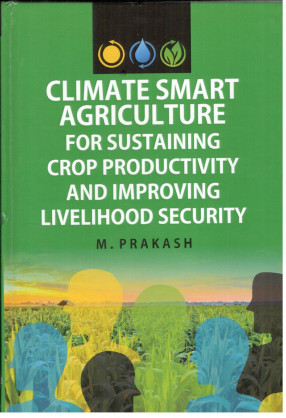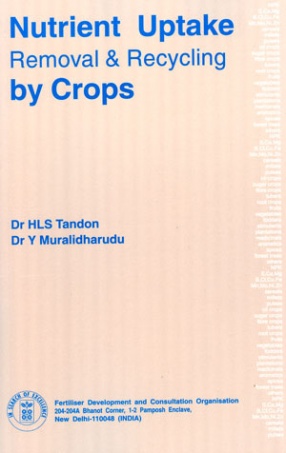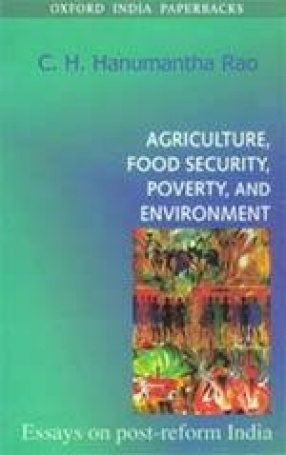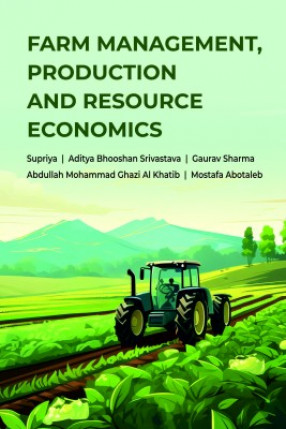Climate Smart Agriculture for Sustaining Crop Productivity and Improving Livelihood Security
Climate smart agriculture is an approach that helps to transform and reorient agricultural systems to effectively support sustained crop productivity and ensuring food security in a scenario of changing climate. To feed an expanding population, the annual world food production will need to increase by many fold in the coming decades. However, the impacts of climate change, which include increasing temperatures, shifting precipitation patterns, frequent extreme weather events and the loss of ecosystem services and biodiversity will certainly undermine agricultural production systems and food systems, especially in developing countries where poverty, hunger and malnutrition are commonly prevalent. The agricultural sector including crop and livestock production, forestry, fisheries and aquaculture is a major contributor to global greenhouse gas emissions. To meet these challenges, FAO has developed and promoted the concept of climate-smart agriculture. Climate-smart agriculture has three objectives: sustainably increasing the agricultural productivity and the incomes of agricultural producers and strengthening the capacities of agricultural communities. Hence, accordingly this compilation has been prepared with 16 chapters, covering various aspects of conventional and molecular aspects in various crops like cereals, pulses, oilseeds, commercial crops with a special chapter on Quality seeds in climate smart agriculture for sustaining crop productivity and improving livelihood security.
Get it now and save 10%
BECOME A MEMBER











Bibliographic information